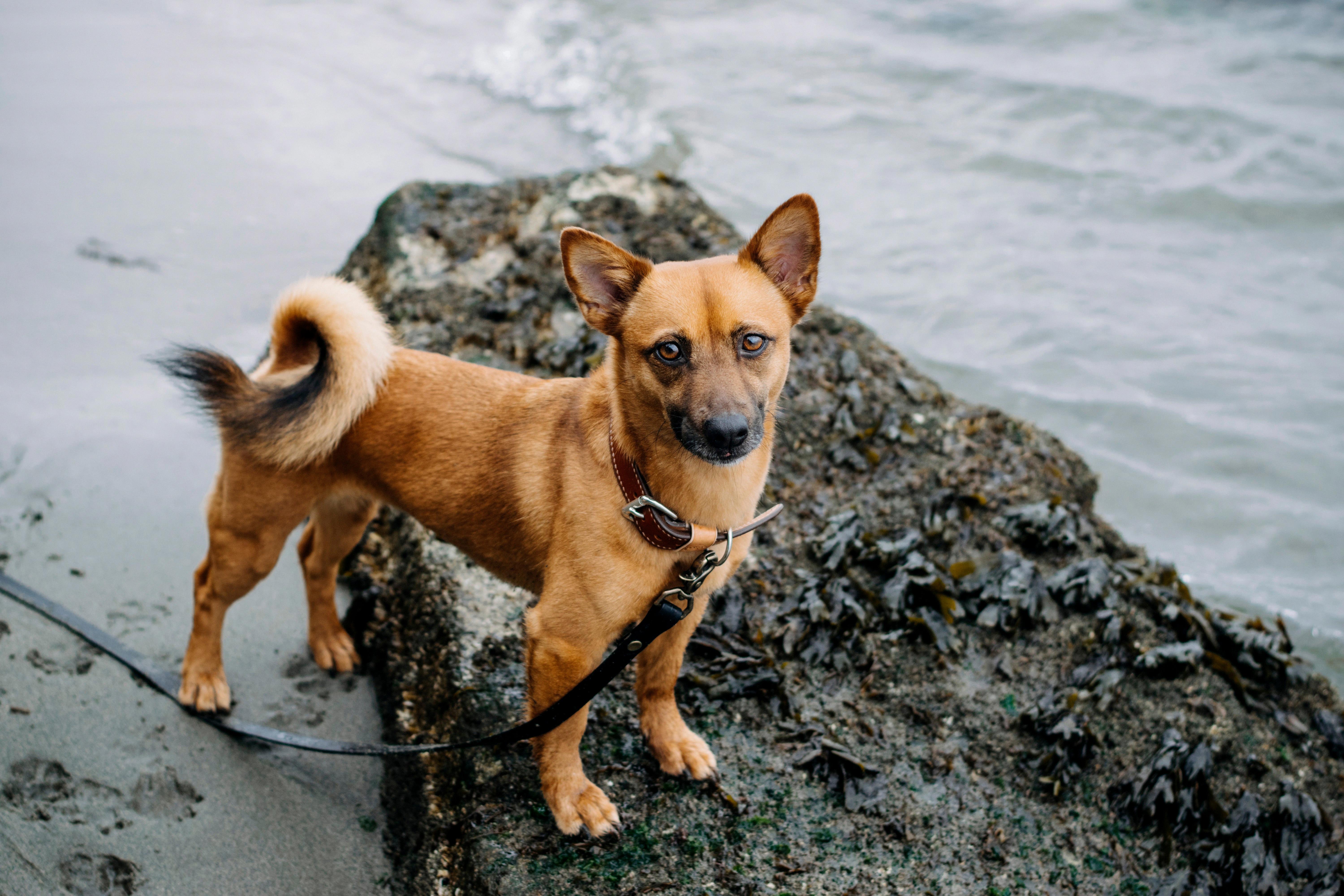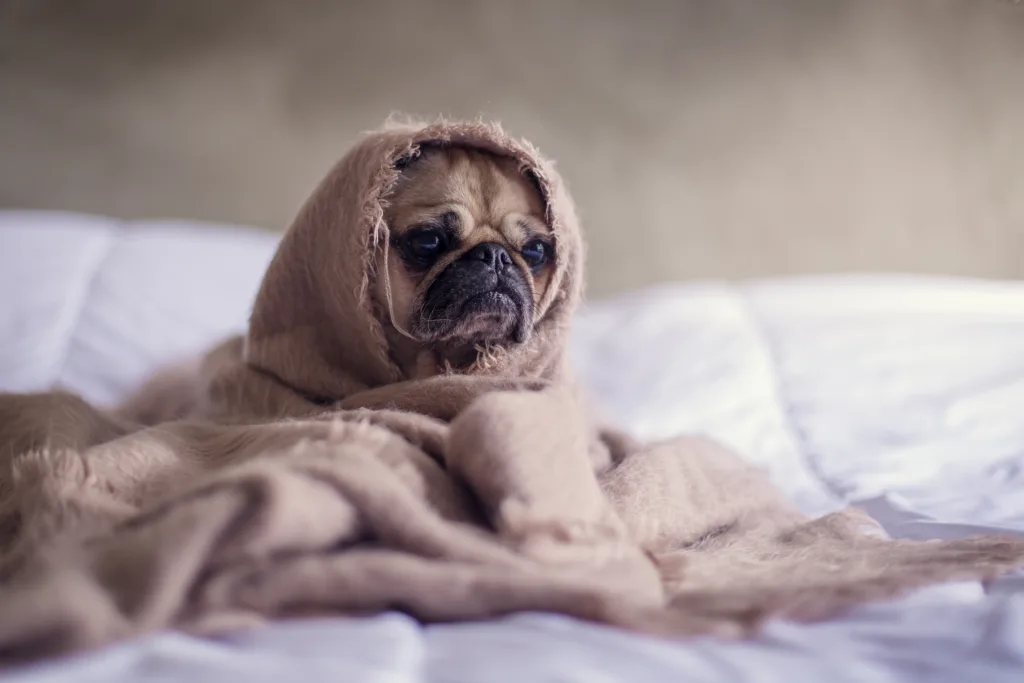After a dog is neutered, it is important to take proper care of their surgical incision to ensure proper healing and avoid any complications. One question that many pet owners have is whether or not they should clean their dog’s neuter wound. The answer is yes, but with some important considerations.
Firstly, it is important to remember that the incision area should not get wet for at least seven days after surgery. This means that bathing your dog is prohibited during this time. If the incision looks dirty, you can gently clean the area with a cotton ball and warm water. Avoid using Hydrogen Peroxide as this can hinder the healing process.
Inspect the incision at least twice daily as long as it is not bandaged. If a surgical drain was placed in the incision, you may need to clean the drain several times per day. Your veterinarian will advise you when to return to have the drain removed.
It is essential to keep the surgical incision and stitches dry. Don’t apply any Neosporin or lotions, unless your vet instructs you to. It’s especially important not to use hydrogen peroxide or alcohol to clean the stitches as this can hinder the healing process. You can spray your dog with warm water, avoiding the incision area, and wipe soiled areas that have been wet with a clean cloth or gauze to remove dirt. Soak a clean cloth or gauze in warm water or saline solution or use a mild surgical scrub available from your veterinarian and spot clean soiled areas.
It is essential to take proper care of your dog’s neuter wound to help ensure proper healing and avoid any complications. While it is important to clean the area, it is equally important to avoid gettig the incision wet and to follow your veterinarian’s instructions carefully. By taking the proper precautions and care, you can help your furry friend recover smoothly after their surgery.
Should I Clean My Dog’s Wound After Neutering?
You shoud clean your dog’s wound after neutering. However, it is important to note that you should only clean the area if it appears dirty. If the incision looks clean, you do not need to clean it. In case you do need to clean the area, use a cotton ball and warm water to gently clean around the incision. Avoid using any harsh chemicals or hydrogen peroxide, as this can further irritate the wound.
It is also important to keep in mind that your dog should not get wet for at least 7 days after surgery. Therefore, bathing your dog is prohibited for at least one week after surgery. If you notice any signs of infection or excessive swelling, contact your veterinarian immediately.
To summarize, cleaning your dog’s wound after neutering is important only if it appears dirty. Use warm water and a cotton ball to gently clean the area, and avoid harsh chemicals. Remember to keep your dog dry for at least 7 days after surgery and contact your vet if you notice any signs of infection or excessive swelling.

Should I Clean My Dog’s Incision?
It is important to clean your dog’s incision to prevent infection and promote healing. However, it is important to follow your veterinarian’s specific instructions on how to clean the incision and how often to clean it. Typically, you will need to clean the incision site at last twice daily with a mild antiseptic solution recommended by your veterinarian. If a surgical drain was placed in the incision, you may be required to clean the drain several times per day. It is important to inspect the incision site regularly to ensure that it is healing properly and to monitor for any signs of infection or complications. If you notice anything unusual, contact your veterinarian immediately.
Can I Put Anything On My Dog’s Neuter Incision?
It is generally not recommended to put anything on your dog’s neuter incision unless instructed by your vet. It is important to keep the incision and stitches dry to avoid any infections or complications. Applying Neosporin or lotions can interfere with the healing process and should be avoided unless specifically instructed by your vet. Additionally, using hydrogen peroxide or alcohol to clean the stitches can also hinder the healing process and should not be used. It is important to follow your vet’s instructions and monitor the incision for any signs of infection or complications.
How Do You Clean A Dog After Being Neutered?
After your dog has been neutered, it is important to keep the incision site clean to prevent infection and promote healing. Here are the steps to clean your dog after being neutered:
1. Spray warm water on your dog, but avoid the incision area.
2. Use a clean cloth or gauze to wipe soiled areas that have been wet down with warm water to remove dirt.
3. Soak a clean cloth or gauze in warm water or saline solution or use a mild surgical scrub availble from your veterinarian.
4. Spot clean soiled areas by gently wiping the area with the cloth or gauze.
5. Avoid using any harsh soaps or chemicals on the incision site.
6. Repeat the cleaning process as needed to keep your dog clean and comfortable.
It is also important to monitor your dog for any signs of infection, such as redness, swelling, or discharge from the incision site. If you notice any of these symptoms, contact your veterinarian immediately. By following these steps, you can help ensure that your dog stays clean and healthy after being neutered.

Conclusion
Dogs are wonderful companions and members of our families, and it is important to take good care of them. From providing proper nutrition and exercise to ensuring their medical needs are met, there are many ways we can support our furry friends. If your dog requires surgery, it is important to follow post-operative care instructions carefully, including keeping the incision clean and dry and avoiding bathing or getting it wet for at least a week. By being attentive and proactive in our care, we can help ensure that our dogs live healthy and happy lives.
